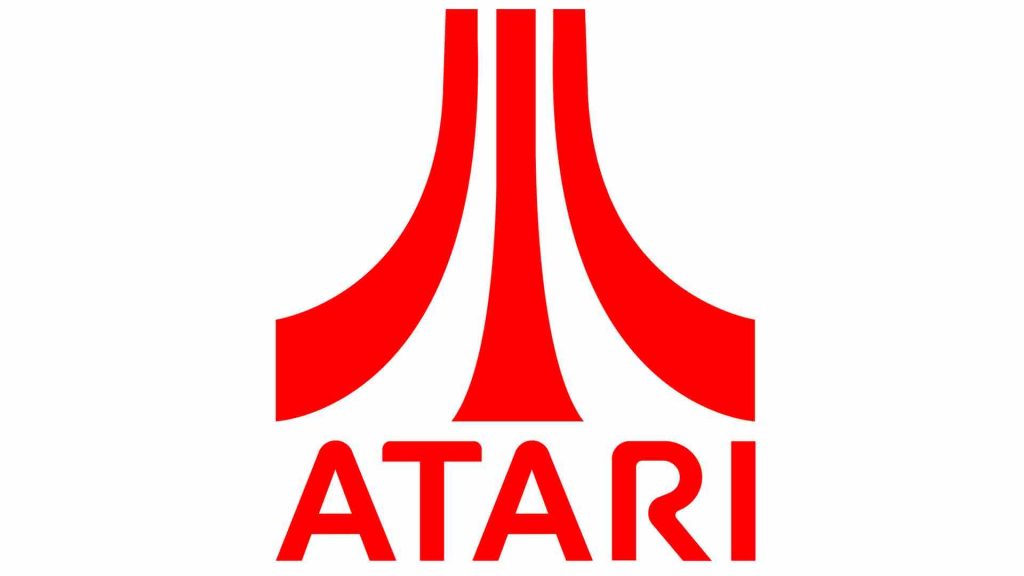What does Atari mean? That’s a question that a few folks have been asking, so with tried to answer it with this article.
What Does Atari Mean?
What does Atari mean? Well, ‘Atari’ has many meanings. The first of which, and one that gamers will be most familiar with is the video game company of the same name. Originally founded in 1972 by Nolan Bushnell, Atari was a video game console manufacturer and publisher that churned out such hardware as Atari 2600 console, and the Atari 65XE and Atari ST home computers.
Further down the road, Atari also made the Atari Jaguar – the world’s first 64-bit home console (it really wasn’t), which released in 1994 and promptly fell flat on its face against Sony’s all-conquering PlayStation console.
Atari is also a term from the popular Japanese game GO. Based on the Atari logo it is obvious that this is the source of the name (the logo resembles the simplest atari configuration in go), and wikipedia confirms this:
“Before Atari’s incorporation, Bushnell considered various terms from the game go, eventually choosing atari, referencing a position in the game when a group of stones is imminently in danger of being taken by one’s opponent.”
What Does Atari’s Logo Mean?
On the notion of Atari’s logo, Kotaku actually ran a detailed piece on just what it symbolises, whereupon the outlet revealed that the Atari logo was an extraction and combination of Japanese language together with the release of the company’s first title, Pong.
It was designed by George Opperman, Atari’s first in-house graphic designer. Hired by Nolan Bushnell and Ted Dabney in the earliest days of the company, Opperman was kept busy coming up with the art for Atari’s arcade and pinball machines, but his most recognised work is in creating the famous “Fuji” logo, so named because of its resemblance to the Japanese mountain.
The origin of the design actually has nothing to with Mt. Fuji. Opperman designed it with two things in mind: the first was that the overall silhouette was to look like the letter A, matching that of the company, while the second was that its three “prongs” were based on Atari’s first hit game, Pong.
Source: Kotaku
